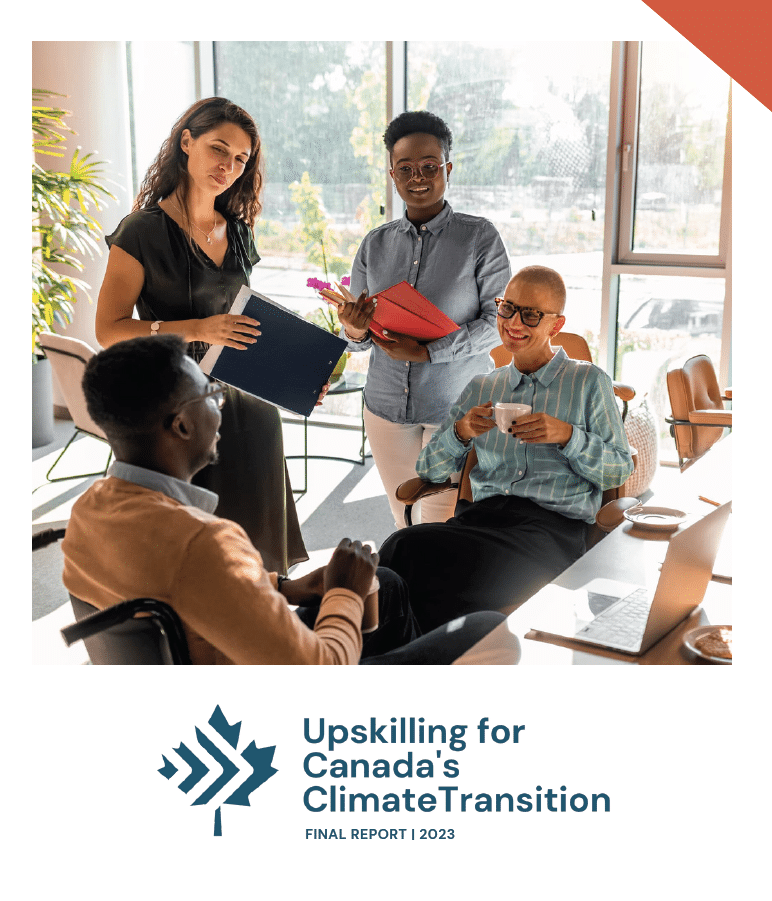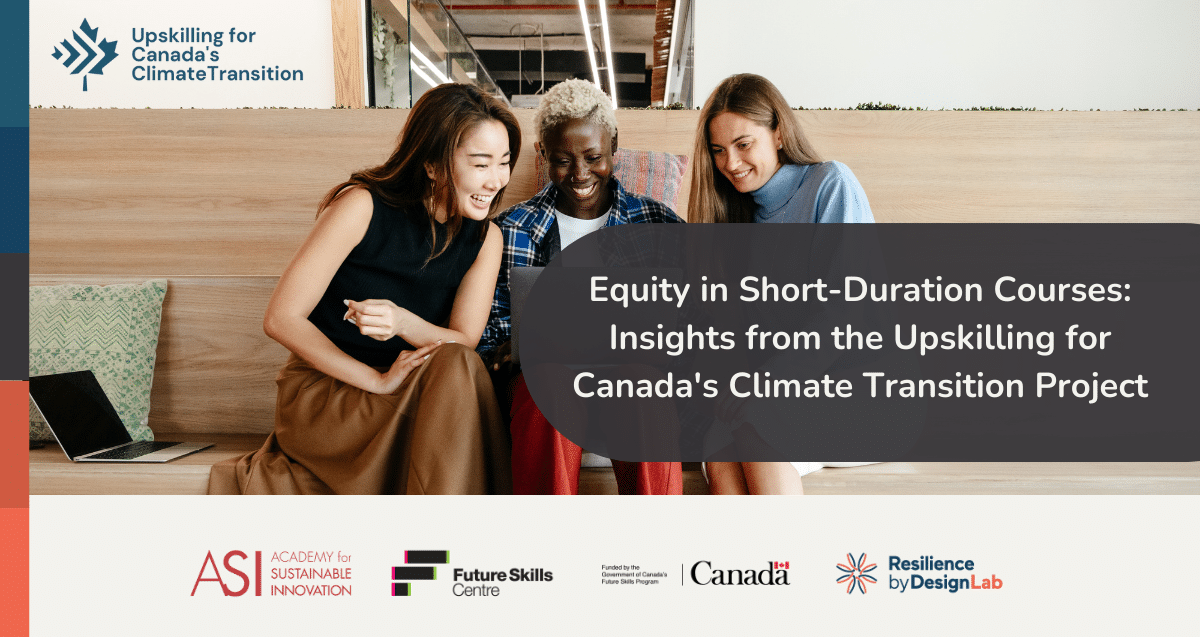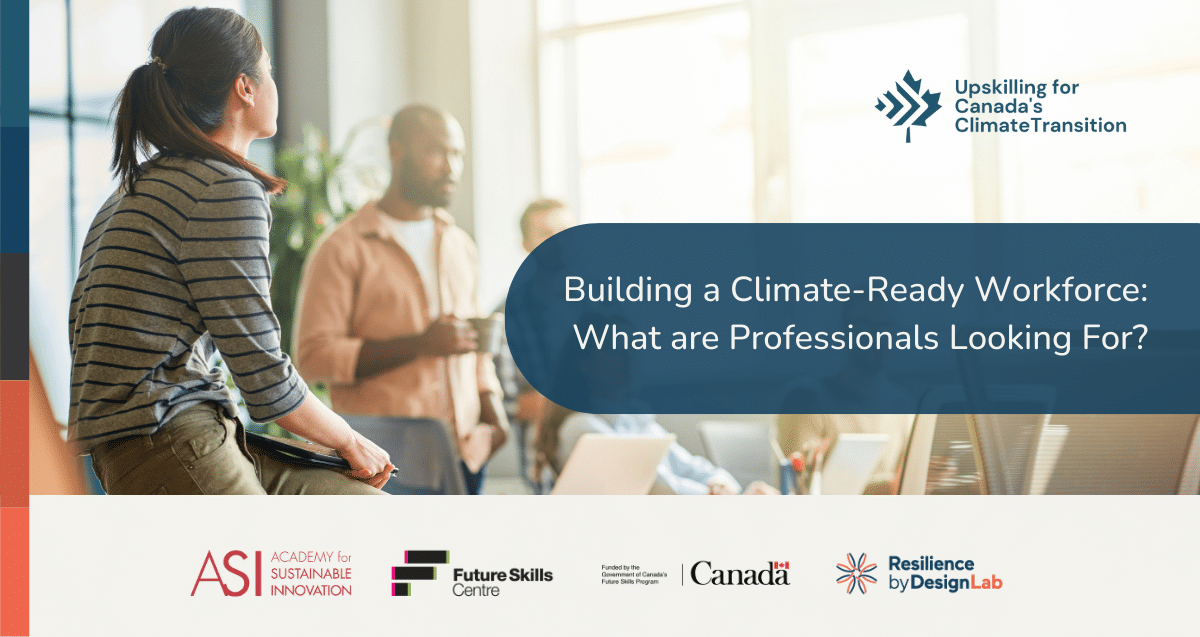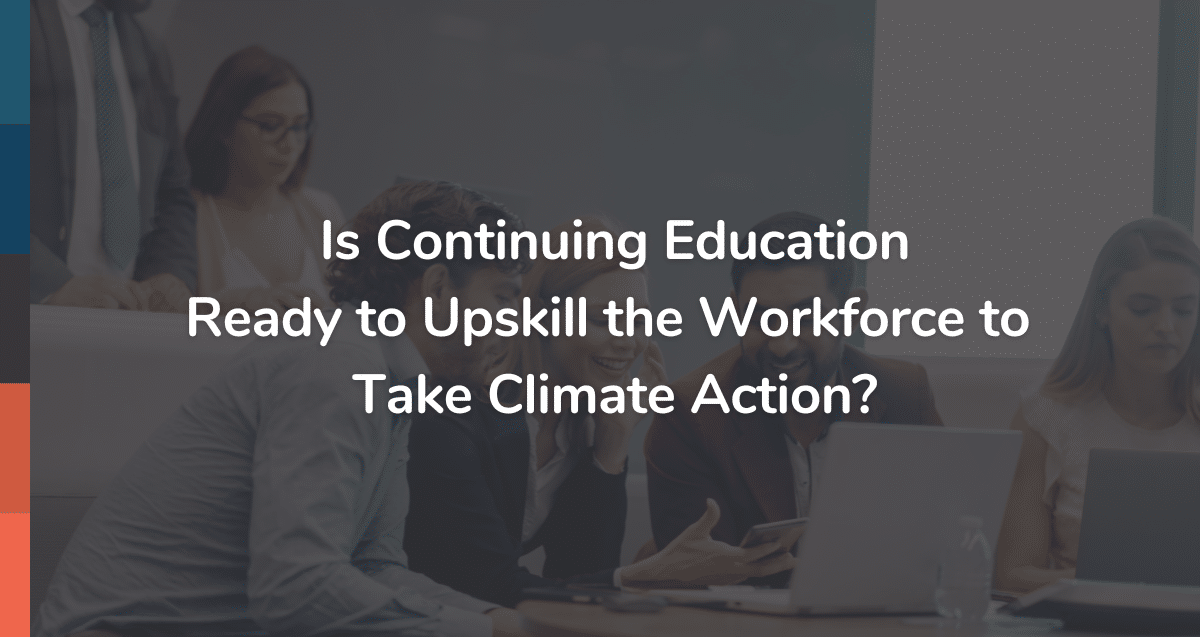Courses
Online and in-person courses focused on developing Transition Leadership competencies. ASI offers course development, design, and instruction to academic and non-academic partners.
Members Network
A peer network for sustainability professionals who want to be part of a community of practitioners working to accelerate climate action within their organizations.
Custom Engagements
Workshops, facilitation, eLearning modules, and other customized support to help gain clarity and alignment with your stakeholders.
Research
Research focused on Transition Leadership and climate action workforce development.
News
Stay informed about ASI’s most recent news, blogs, reports, and publications.


